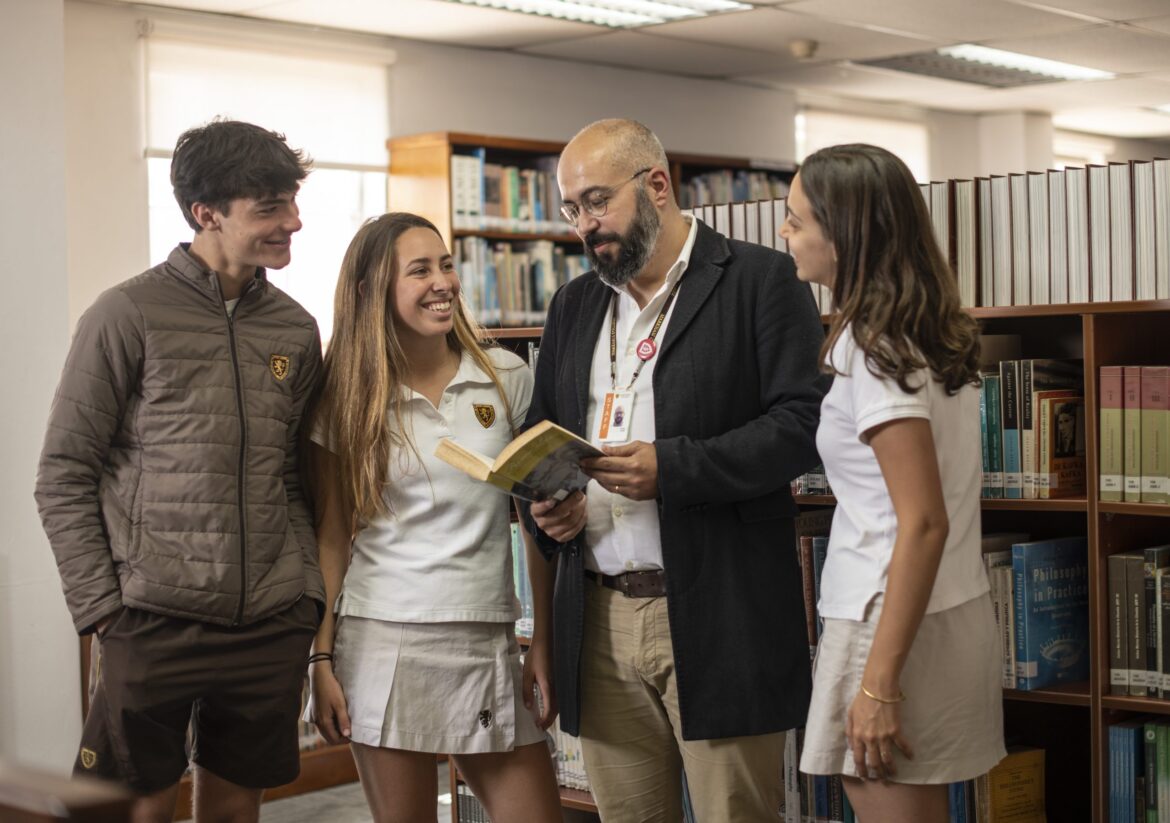The EE journey
The EE is not just another academic task—it is a journey – of inquiry, focus, and independence. A student-led research project, for many students, it is one of the first times they are asked to go beyond learning passively, introducing students to the very essence of academic inquiry, asking them to pose precise questions, build arguments, analyze sources, draw evidence-based conclusions—and most importantly, discover their ‘voice’ through their own critical and conceptual thinking.
The skills students acquire through this process far outweigh the value of the grade. The Diploma itself is clearly shifting further toward conceptual and inquiry-based learning, and rightly so. In the age of artificial intelligence, the real ‘superpower’ students need is not memorization, but the ability to ask the right questions, evaluate the results and reflect critically on their implications in the real world.
Learning for the real-world connection
The EE teaches students to assess the reliability of sources, identify bias, and recognize differing perspectives. These are essential contemporary skills. We live in an era of information overload, in which content is filtered by algorithms and where truth must be actively discerned.
The role of our schools is also changing. We are no longer cathedrals of knowledge with teachers as gatekeepers of information. Knowledge has been democratized. Today, education must act as a compass, guiding students to curate, verify, and apply knowledge responsibly. Like traffic signs in a bustling city, educators must now help students navigate their chosen route, assess information, uphold academic standards, apply the scientific method, and build claims based on documented evidence.


